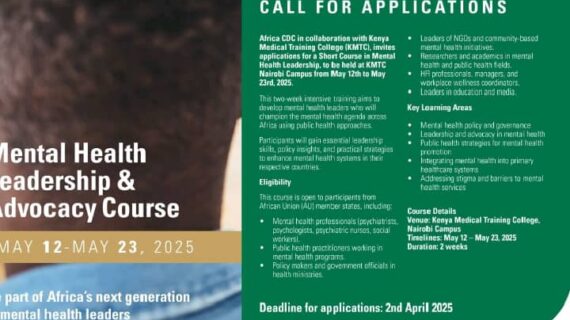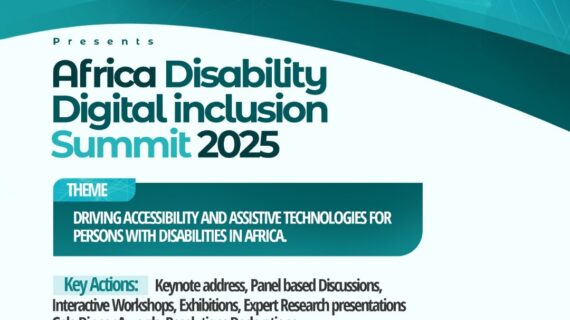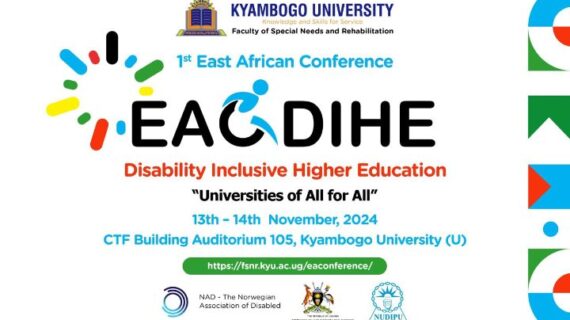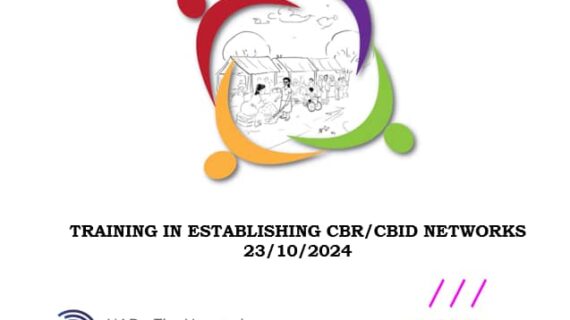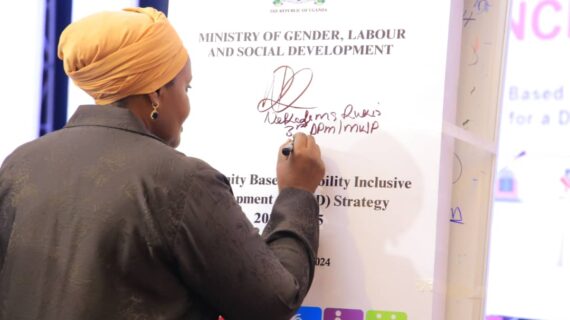East Africa becomes common area of higher learning
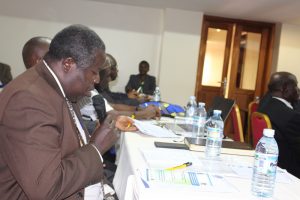
Scholars in East Africa attending the 17th East African Institutional linkage Conference on Special Needs, Inclusive Education and Rehabilitation hosted by Kyambogo University at Essella Country Hotel from 9th to 12th May 2017
Learners with disabilities in East African region will soon start accessing equal educational opportunities once the Quality Assurance Guidelines (QAG) on Special Needs and Inclusive Education are approved.
The Inter University Council of East Africa (IUCEA) is in the final stages of developing the guidelines in preparation for the declaration of East African region as a common are of higher education. The declaration is expected in 2017. Once finalised, all Institutions of Higher Learning are expected to implement the guidelines.
IUCEA through National Councils of Higher Education (NCHE) of respective member countries, will ensure institutions of higher learning adhere to the guidelines, meaning that learners including those with disabilities are eligible to study at any institutions in East African region.
“This will address the issue of exclusion of persons with disabilities thus ensuring equalisation of opportunities,” Mr Victor Locoro, a Lecturer at Kyambogo University in the Department of Community and Disability Studies, says.
Mr Locoro, was speaking during the 17th East African Institutional linkage Conference on Special Needs, Inclusive Education and Rehabilitation hosted by Kyambogo University at Essella Country Hotel from 9th to 12th May 2017.
He said although the IUCEA initially developed QAGs, they were discriminating learner with disabilities. In 2014, IUCEA, consequently started the process of developing QAGs that are disability sensitive. IUCEA is mandated to ensure quality of higher education in the East African member countries.
According to Locoro, many universities have for long violated the rights of learners with disabilities. “In Uganda for instance, students with disabilities study courses they did not apply for. You find a student applies for a course in statistics of economics but ends up doing counseling and guidance. This amounts to a violation of the student’s right. You can’t force someone study what they don’t need,” Locoro argues.
Ugandan government universities admit students with disabilities on two stages; those who meet the cut-off-points for a particular course and those who get in through the Affirmative Action, which has only 64 slots. Majority of learners with disabilities joining university through Affirmative Action often receive courses they did not apply for.
The new QAGs, do not only address admission issues but the all-inclusive educational needs of persons with disabilities such as accessibility, environment, methodologies, and adaption of literature to meet the needs of learners with disabilities.
By Joseph Malinga


